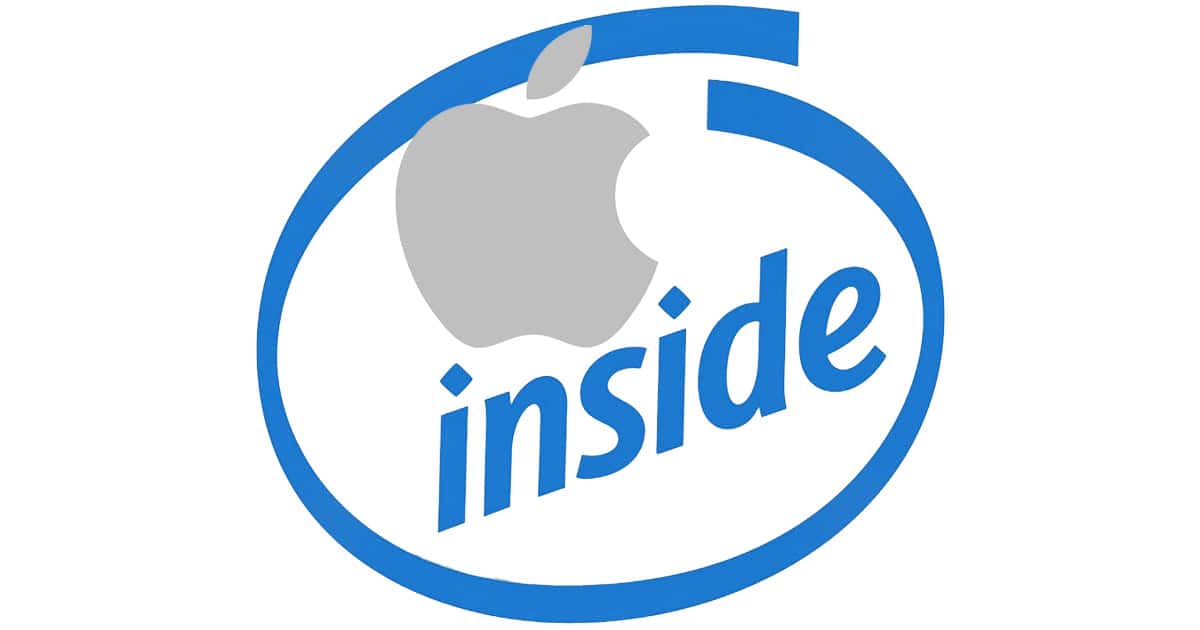Apple is reportedly working to scale back its reliance on Intel for MacBook and MacBook Pro chips by designing its own ARM-based processor. The Apple-designed chip will handle low power functions such as Power Nap, and could be a step towards abandoning Intel at some point in the future.

Apple has been working on the new chip code named T310 since last year, according to insider sources speaking with Bloomberg. Those sources said the T310 chip will supplement Intel’s chips, but won’t replace them.
The T310 will handle tasks like Power Nap mode which lets Macs check for and install updates, sync calendars, and check email when they otherwise appear to be in sleep mode.
Apple’s Custom Processors
This isn’t Apple’s first foray into custom chip design. The company has used its own custom ARM-based processors in the iPhone and iPad for years, and Apple Watch runs on an Apple-designed processor, too. Apple is already using a custom processor for the MacBook Pro’s Touch Bar called T1, as well, so using more in-house designed chips for system tasks isn’t a stretch.
Apple CEO Tim Cook and Steve Jobs before him have pushed for less reliance on third party companies for key device components, and designing task-specific chips is part of that philosophy. It’s also another step down the path towards completely custom processors for Apple’s computers.
The company has years of experience with running devices on its own processors thanks to the iPhone and iPad. That’s useful information as the company pushes forward with its custom Mac chips.
Apple Chips Versus Developers
Creating the T1 and T310 aren’t, however, signs that Apple is ready to abandon Intel’s processors. Intel’s chips handle more intensive operations and that isn’t likely to change any time soon.
Convincing big name developers, like Adobe and Microsoft, to rewrite their products for a whole new processor platform could be a problem, too. They slowly transitioned away from PowerPC processors to Intel when Apple made that change, but convincing them to do it again may not be so easy.
For now, Apple can leave power and processor-intensive tasks to Intel’s chips and tasks that can benefit from the power saving features of custom designed T-series chips can help extend battery life and work more efficiently with software.
That’ll help make Apple’s computers more efficient, but it won’t overcome Intel’s processor refresh cycle which doesn’t seem to be in line with its own computer upgrade schedule. The MacBook Pro, for example, stagnated for years waiting fort significantly improved processors and in the end Apple released the Touch Bar MacBook Pro with the Skylake chipset even though the newer Kaby Lake chipset was in production.
For Apple, waiting any longer to refresh the MacBook Pro wasn’t an option. The company chose to use the year-old Skylake technology in the new models because Kaby Lake chipsets weren’t shipping in the quantities it needed. Rumors claim Apple plans to release a Kaby Lake-based version of the MacBook Pro in the coming months, which will overcome power and RAM limitations that come along with Skylake.
Apple can’t walk away from Intel’s laptop and desktop chipsets, but it can supplement them with its own designes to improve performance and battery life. It looks like that’s Apple’s plan for now, but Intel is no doubt watching closely to see if future Macs can run on chips it doesn’t make.
They’ve obviously been underpowering their laptops for several years now to reduce expectations to the point where putting an iPad processor into a Mac feels normal.